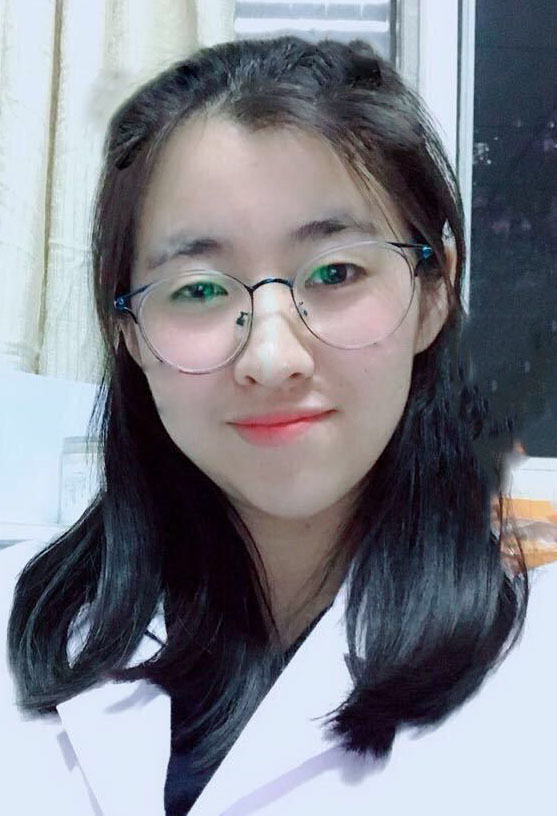Wenqian Zhao, China
Could you please tell us a little about you and your background?
Hi, I am Wenqian ZHAO, Chaney, a year three PhD candidate in nursing from China. I am doing research on the utilization of contextual behavioral science in oncology care. I appreciate the ACBS committee for selecting me as a scholarship recipient so I can learn more about theories and practices and share my insights on ACT-related research.
How did you become interested in CBS?
I first learned about ACT from published papers about using ACT-based intervention to address cancer patients’ depression when doing my master's research. I learned basic knowledge about ACT in the training courses of Prof. Zhu Zhuohong, professor of the Chinese Academy of Psychological Sciences. I first learned about ACBS when I was going to start my PhD study from my co-supervisor Prof. Chong, who is also a professional member of ACBS. Prof Chong recommended I register as an ACBS student member to get more information about contextual behavioral science as I am interested in using ACT in my PhD study. Then, I attended ACT workshops organized by ACBS World Conference from 2020 to now, further learning about CBS and ACT to support my PhD research.
Could you tell us about your research and application interests?
I am interested in using ACT to promote the rehabilitation of breast cancer patients. In my previous studies, I focused on the sleep disturbance of those patients, and now on their body image disturbance. But there is a big challenge for me to deliver ACT as I do not have so much experience in using ACT in clinical sites. I always lack confidence in my ACT competency, getting trapped into anxieties about the research results, instead of focusing on the study process. ACBS conference provides me the best opportunity to learn more about experiences of using ACT in research and clinical treatment, which help me a lot in design and problem solving during my research.
Could you tell us about your experience at the World Conference this year?
This year, I attended the pre-conference workshop on “Enhancing the effectiveness of Applied Behavior Analysis through Acceptance and Commitment Training (ACT)” presented by Dr. Luisa Cañon. In this workshop, Dr. Cañon introduced a behavior analytic framework for doing ACT. The basic philosophical assumptions and principles of behavior analysis underlying ACT could provide ongoing assessment and intervention of verbal behavior within the scope of practice of behavior analysts. The roleplay and experiential exercises throughout the workshop gave me an entire repertoire to use ACT, so I was better equipped to deal with the challenges in my research sessions. During this conference, I also submitted a poster presentation on “Effectiveness of cognitive-based interventions for improving body image and psychological distress of breast cancer patients: A systematic review and meta-analysis”, and I was honored to share my research findings on the ACT with scholars from all over the world.
The workshop I participated in this year gave me a lot of inspiration, including how to understand some repressed and neglected inner activities when patients describe and narrate their personal experiences. At the same time, my supervisor, Professor Chong, also commented on my ability to guide patients to practice and put forward suggestions for improvement.
What did you take back from your experience that has been helpful to you?
Inspired by the Conference, I actively participated in more clinical ACT practice activities, such as SIG of Body Image organized by friends I met in ACBS, and clinical supervision training organized by the ACBS China Chapter. I also conducted my PhD study, an ACT-based intervention program among breast cancer patients in China. During my research, I shared my experience with the patients, their families, doctors and nurses who worked in the surgery department at the research sites. The patients and their families showed a great interest in ACT and its unique attitudes toward the negative experience. The doctors and nurses in the department also showed interest in related research topics, such as ACT, CBT, and Mindfulness. I will continue to expand my research areas and make my efforts to promote the utilization of ACT in clinical nursing care.
Do you have anything else that you would like to share with the community?
Thanks again for this opportunity to attend this great conference. Looking forward to seeing you next year!
